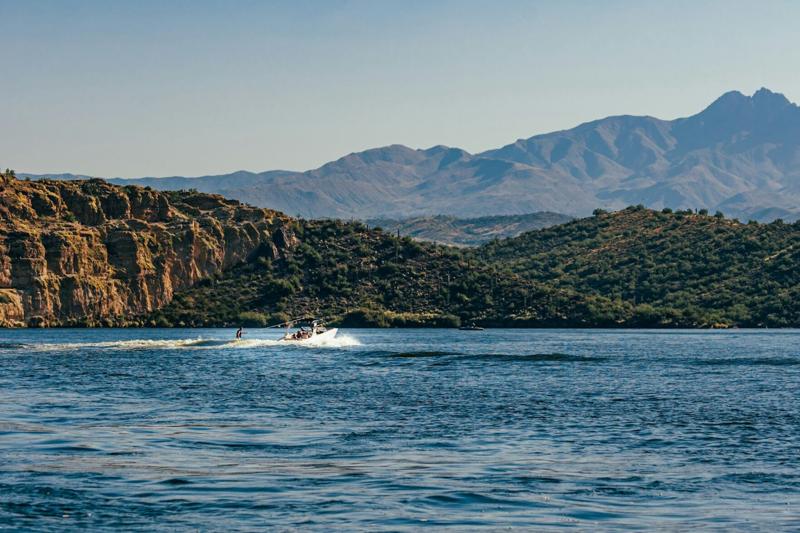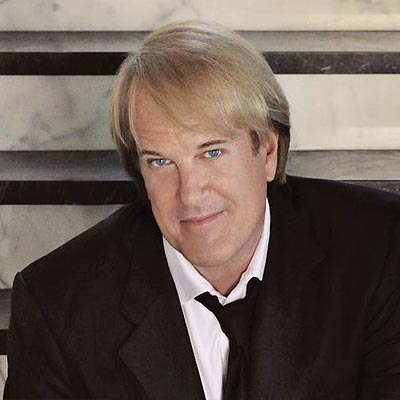(The Center Square) – At the very bottom of Arizona’s four-page ballot are the candidates running for the five open seats on the Central Arizona Water Conservation District (CAWCD).
CAWCD is the governing entity for the Central Arizona Project (CAP) – a canal that delivers Colorado River water to 80% of Arizona’s population, serving Maricopa, Pima and Pinal Counties.
The CAWCD board consists of 15 board members with representatives from all three counties. The five seats open for election are all for Maricopa County representatives. There are six candidates running for the five seats.
The board is a fiduciary entity that oversees the management of the CAP budget. While they don’t have water policy legislative powers, they do discuss what they think would be best for CAP with policy makers in the legislature and Arizona Department of Water Resources.
Positions on the board are not partisan, so voters will have to look at who they think can best oversee the CAP’s management of the budget. April Pinger-Tornquist said that she believes one of the biggest issues facing voters in this election is property taxes inflicted by the board.
As of 2022, the tax rate is 10 cents per $100 valuation in addition to a 4 cents per $100 valuation which can be used by the Arizona Water Banking Authority to store water underground.
Pinger-Tornquist said that tax came into play when water rates started going up. Cities and towns came to the board asking for the property tax, saying they could not afford the increased rates. Since that time, Pinger has been working to lower the tax rate.
“So, they were asking to have their water rates subsidized with property taxes,” Pinger-Tornquist said. “The taxpayers are just being taxed to death. By letting the water cost what it’s going to cost, people are going to be more conservative with it and then you don’t have to enforce mandatory cutbacks.”
Incumbents running for reelection include Lisa Atkins, Terry Goddard and Heather Macre.
During a Clean Elections Commission candidate forum, Atkins and Goddard emphasized the importance of the 2026 renegotiation of the basins’ use of the Colorado River.
“Our future is literally on the line,” Goddard said. “The one-third of water that Arizona gets through the Central Arizona Project has already been cut by a third. We used to deliver 1.5 million acre-feet of water.”
During her last 12 years on the board, Macre has spearheaded efforts focused more addressing climate change and public education initiatives.
“One of the things I was concerned about was that we weren’t talking about climate change and now we have a whole climate adaptation plan, we have folks who come and talk to us every month about climate change and how it’s affecting us,” Macre said.
Two candidates are running to serve on the board for the first time: Rudy Fischer and Brian Biesemeyer.
Biesemeyer touted his experience working in the water industry during the forum, saying that knowledge could bring needed insight to the board as there are no water engineers currently serving.
“I have a passion for water [and] understand what it means to deliver water, to keep a utility running and to actually get that water to people, entities and businesses throughout the state,” Biesemeyer said. “I think it would be helpful to have someone on the board who understands water from the very basis of it all the way to delivery.”
He said the CAWCD board should focus on pumping water that has been stored and recycled over the years.
“We’ve stored trillions of gallons of water in the desert in case of a drought scenario and in truth, I think we’re there,” Biesemeyer said. “We need to be prepared to pump that water and today, we don’t have a single production well in those recharge areas to get water back into the CAP canal and wheel that.”
However, Pinger-Tornquist said that she believes her lack of experience in the water industry is actually beneficial to Arizona taxpayers.
“There are a number of board members who continuously have to recuse themselves from votes because of conflicts of interest and I never have to do that,” Pinger said. “I understand the technology and I can audit what they’re doing… but I don’t have any financial ties to any part of the industry. So, I can honestly represent the taxpayer because I don’t have any other loyalties.”
Fischer did not participate in the forum, but his campaign website indicates that he is a veteran and has worked on numerous government nuclear energy projects. He said his priorities are to keep water rates and taxes low and negotiate water sharing agreements with Colorado River Basin states.






